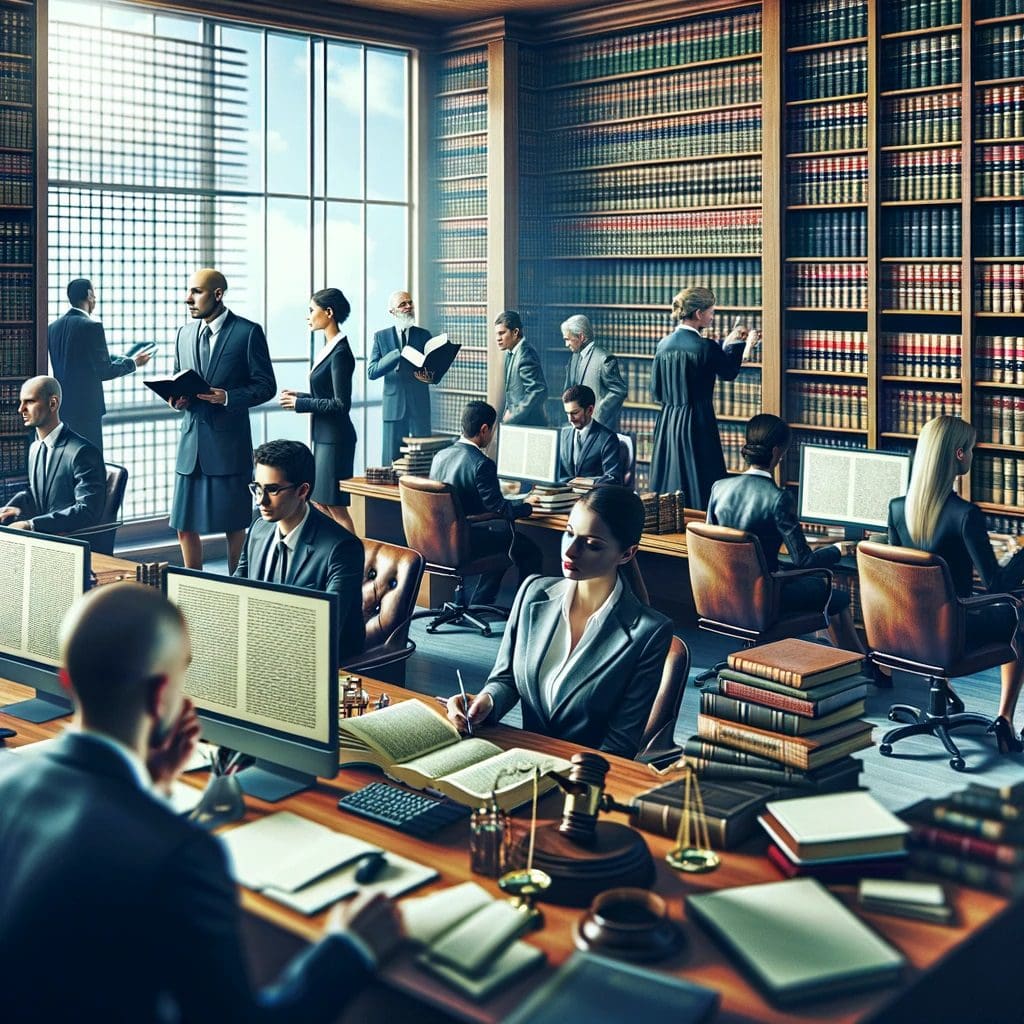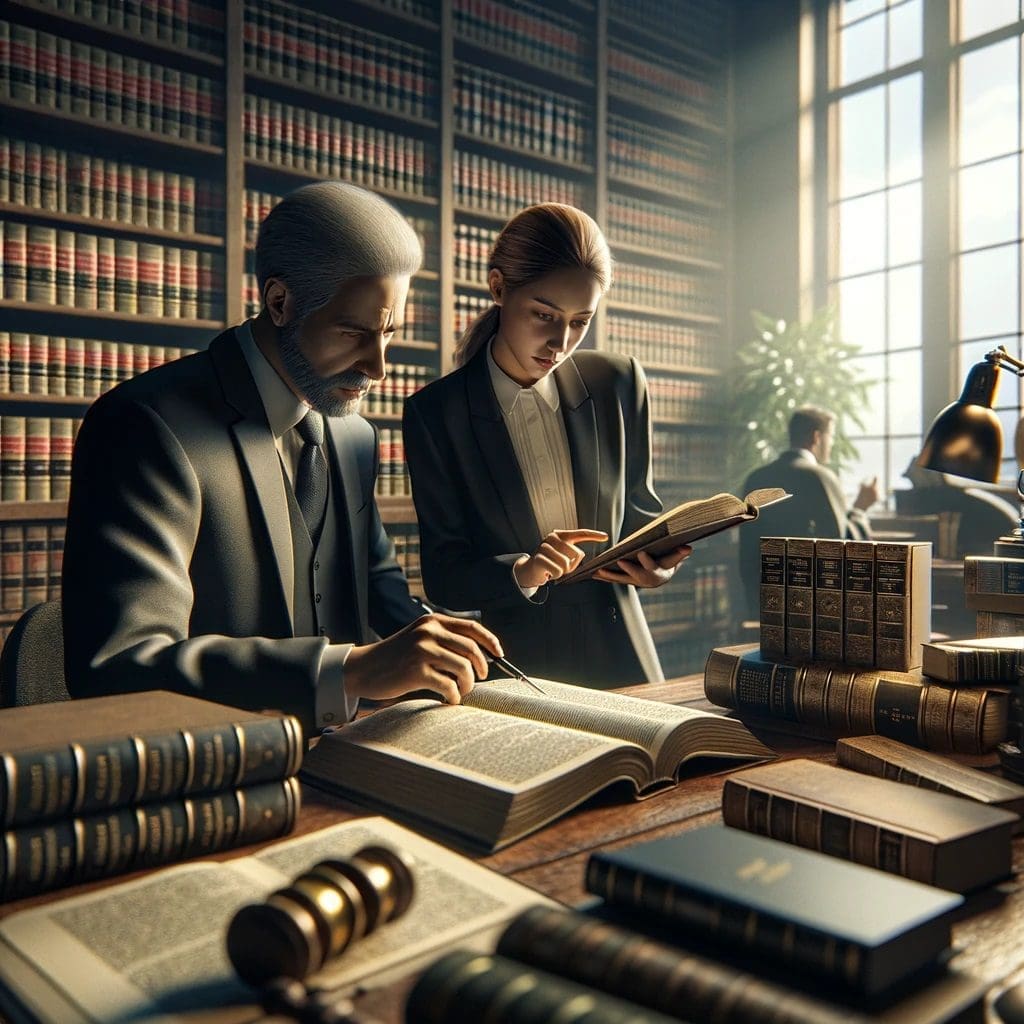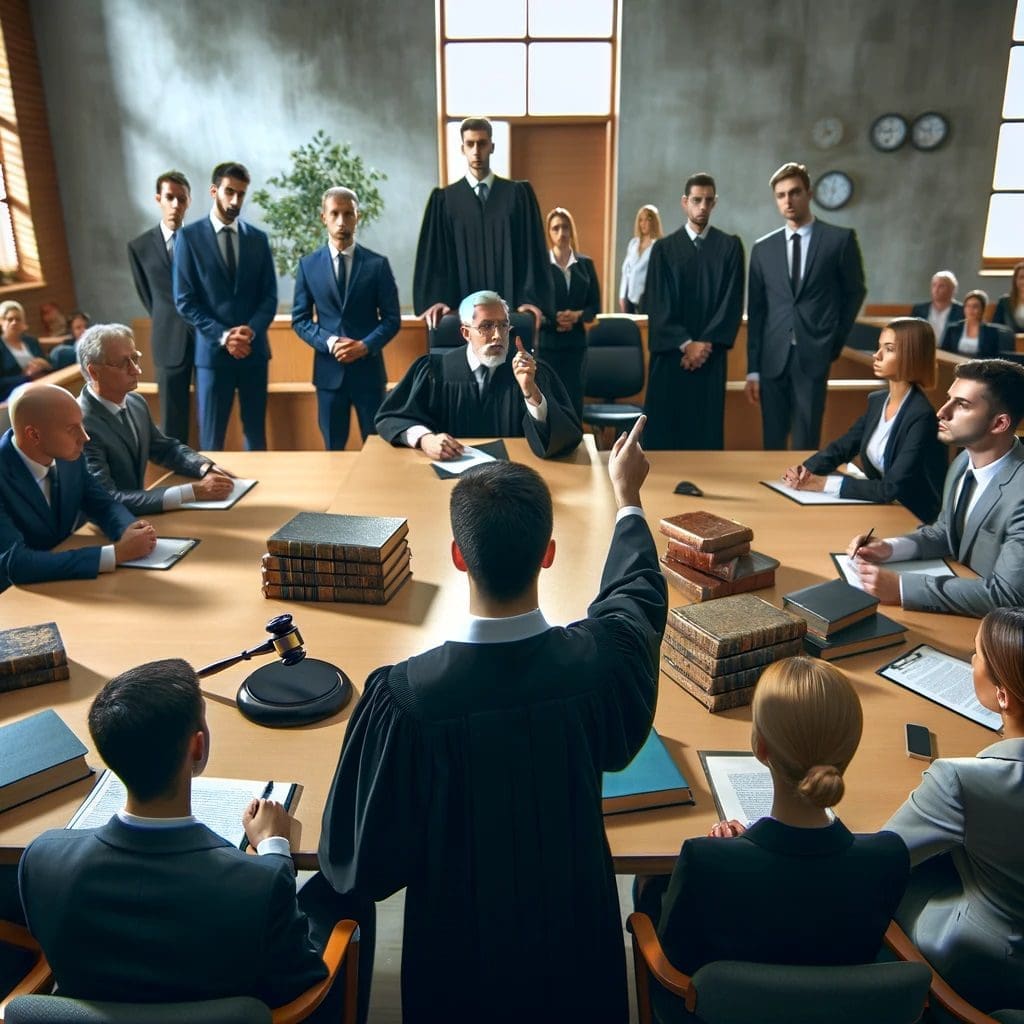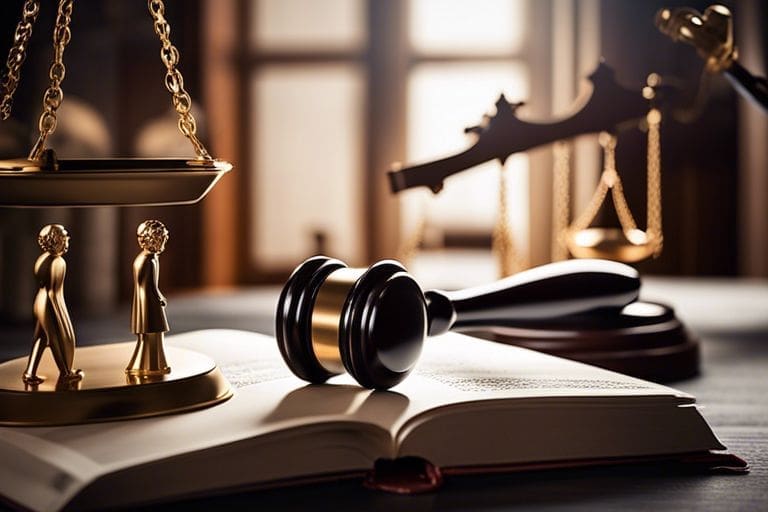Case Law

The Fundamentals of Case Law: Understanding its Influence and Application
Case law, also known as judicial precedent or judge-made law, is a fundamental component of the legal system. It refers to the collection of past legal decisions written by courts and similar tribunals in the course of deciding cases, where the law lacks clear statutes or is ambiguous.
These legal decisions serve as a guide for future cases with similar circumstances, ensuring consistency and predictability in legal proceedings. Understanding case law is crucial for legal professionals as it helps them anticipate how courts might rule in similar situations.
The principle of stare decisis, which means “to stand by things decided” in Latin, is at the core of case law. It implies that courts should adhere to precedent and not unsettle matters that are settled. However, a court may choose to overturn its previous ruling if it deems it outdated or incorrect, especially when societal values and norms evolve.
Case law analysis is an integral part of legal research. Attorneys often delve into case law to find precedents that bolster their case. This research involves reviewing court decisions, understanding the rationale behind them, and applying these insights to current legal challenges.
The significance of case law extends beyond guiding future legal disputes. It also plays a crucial role in interpreting laws and statutes. In many instances, statutory laws are broad and open to interpretation. Judges, through their decisions, clarify and interpret these laws, adding depth and detail to the legal framework.
One of the challenges with case law is its sheer volume and complexity. Legal databases and law libraries are essential tools for legal professionals to navigate through vast collections of case law. Staying updated with recent rulings and understanding their implications is a continuous process for those practicing law.
Case law also varies significantly between jurisdictions. For instance, a decision by the Supreme Court of the United States has nationwide impact, whereas a decision by a state court might only influence that particular state. Understanding the hierarchical structure of courts and the binding power of their decisions is essential.
In conclusion, case law is an indispensable part of the legal landscape. Its study and application require diligence, thorough research, and an understanding of legal principles and history. For anyone involved in legal proceedings, a grasp of case law is essential for effective legal practice.










